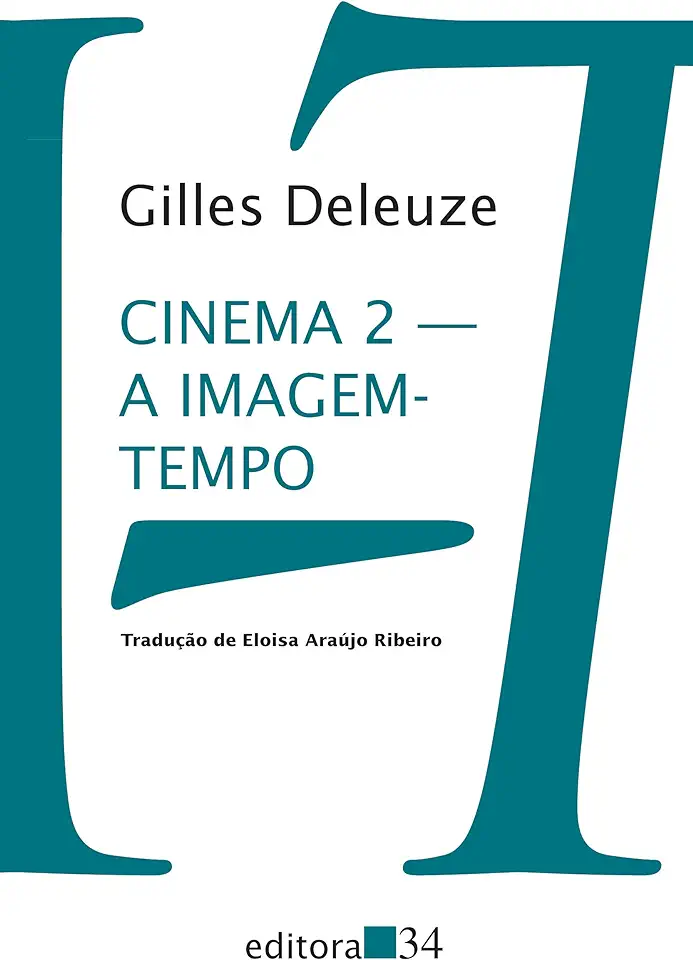
The Time-Image - Gilles Deleuze
The Time-Image: A Philosophy of Cinema
In his seminal work, The Time-Image, Gilles Deleuze offers a profound and influential exploration of the nature of cinema and its relationship to time. Through a series of close readings of key films, Deleuze argues that cinema is not simply a medium for reproducing reality, but rather a unique art form that creates its own distinct temporality.
Cinema and the Movement-Image
Deleuze begins by distinguishing between two types of images: the movement-image and the time-image. The movement-image is characterized by its continuity and fluidity, and it is the dominant mode of representation in classical Hollywood cinema. The time-image, on the other hand, is characterized by its discontinuity and fragmentation, and it is more commonly found in avant-garde and experimental films.
Deleuze argues that the movement-image is based on the concept of objective time, which is a linear and homogeneous time that flows independently of human experience. The time-image, on the other hand, is based on the concept of subjective time, which is a non-linear and heterogeneous time that is experienced differently by each individual.
The Crystal-Image and the Brain-Image
Deleuze further develops his theory of the time-image by introducing two additional concepts: the crystal-image and the brain-image. The crystal-image is a type of time-image that is characterized by its clarity and precision. It is often found in films that use slow motion or freeze frames to capture moments of time in great detail. The brain-image, on the other hand, is a type of time-image that is characterized by its obscurity and ambiguity. It is often found in films that use flashbacks, flashforwards, or dream sequences to create a sense of disorientation and confusion.
Deleuze argues that the crystal-image and the brain-image are two complementary aspects of the time-image. The crystal-image represents the objective aspect of time, while the brain-image represents the subjective aspect of time. Together, they create a complex and multifaceted understanding of the nature of time in cinema.
The Time-Image and the Philosophy of Cinema
Deleuze's theory of the time-image has had a profound impact on the philosophy of cinema. It has challenged traditional notions of time and representation, and it has opened up new possibilities for thinking about the relationship between cinema and reality. The Time-Image is a must-read for anyone interested in the philosophy of cinema, film theory, or the nature of time itself.
Why You Should Read The Time-Image
- The Time-Image is a groundbreaking work of philosophy that offers a unique and insightful perspective on the nature of cinema.
- Deleuze's theory of the time-image has had a profound impact on the philosophy of cinema, film theory, and the nature of time itself.
- The Time-Image is a challenging and rewarding read that will appeal to anyone interested in the intersection of philosophy, film, and art.
Order Your Copy Today!
The Time-Image is available now from all major booksellers. Order your copy today and start your journey into the world of Deleuze's philosophy of cinema.